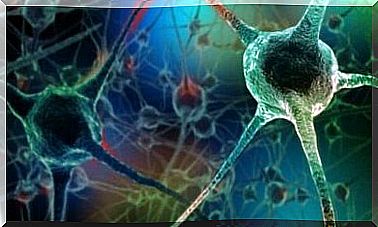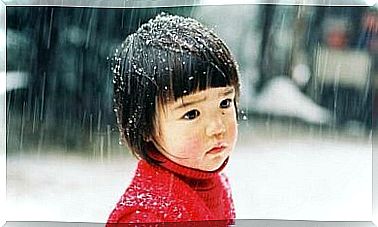How Will Domestic Violence Affect Children?
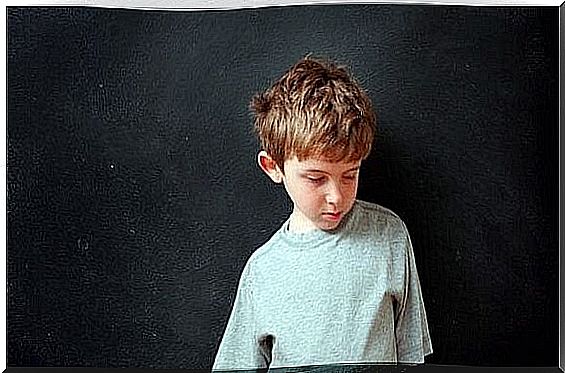
Fortunately, awareness is growing around the countless dire consequences of domestic violence. Experts have pointed out the physical damage and even the risk of death that many women live with every day. We also know that physical abuse is not the only thing that hurts.
Psychological damage is another consequence of abuse. And this is not just true for the victim. It is important to remember that children also suffer in situations of domestic violence.
They are silent witnesses to a violent, uncontrolled situation. So often the children end up feeling guilty, that they are the cause of the hurt that is happening. But how does this affect them on a psychological level?
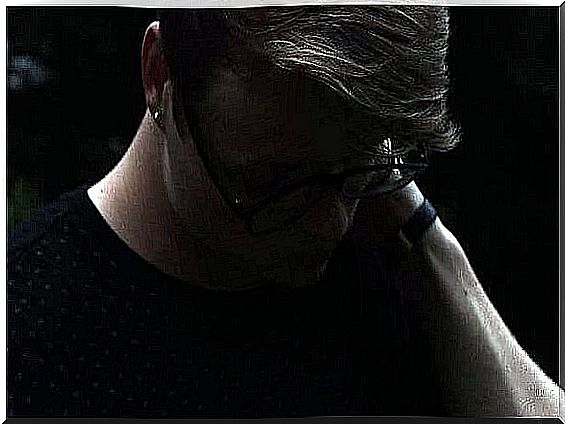
The consequences of domestic violence on attachment
When children are born, they are born with a variety of needs. Some of these are protection, parental love, stability and socialization. If these needs are properly and consistently met, they trust the love of their parents. They will also believe that they deserve it.
In situations where one parent abuses another, children and their needs are very vulnerable. It is very difficult for a child to feel safe in this type of environment. It is also unlikely that they will be able to trust their parents or that they will take care of them. The adults are usually not emotionally available or able to love them as they deserve. Instead, they are just a source of negative emotions and feelings.
Parents should provide their children with a safe environment. They should be a refuge when the children need it. Their sons and daughters should see them as a safe starting point to go out and explore the world.
But what actually happens in situations of domestic violence is that they spread their fear to their children. Children see how parents are scared in their own home. They cry and scream and can not be comforted.
As a result, the attachment that children in these violent situations usually form with their parents is insecure or avoidant attachments. In addition, abused mothers may view their children negatively and consider themselves bad mothers. Sometimes this results in postpartum depression.
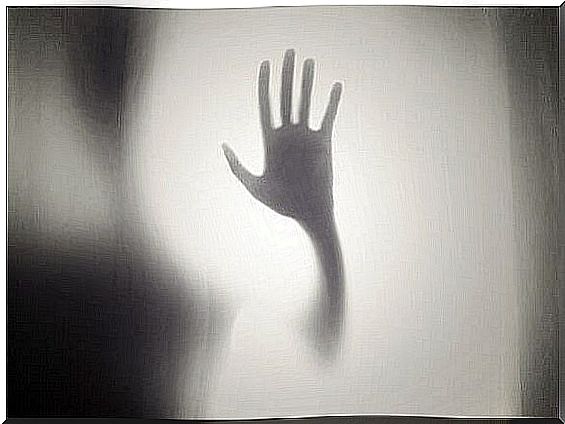
How does abuse affect a child’s development?
Domestic violence not only hinders the development of a secure attachment (which is so important for a child’s well-being). It also has consequences for children’s normal psychological development. As you can imagine, being exposed to or witnessing abuse at an early age affects social and emotional well-being.
In addition, they may have difficulty identifying and managing their emotions. Children often feel guilty about the situation. They may also have anxiety, although they may not understand how they feel or why. Then they try to suppress these negative emotions, and make them a chronic problem.
Experts have also seen significant problems with self-esteem and self-esteem in children exposed to domestic violence. It can be both behavioral and socialization problems. They may have problems with their peers and other adults.
Domestic violence and post-traumatic stress disorder in children
Children who are abused may suffer from post-traumatic stress disorder. Although they are not the ones being abused, they are in fact indirect victims. You may be wondering what PTSD looks like in children. As with other health problems (physical and mental), the symptoms are not the same. The diseases manifest themselves differently in adults and in children.
In fact, psychologists see that children who are abused have flashbacks of traumatic events. It can happen while they are playing, if something triggers memories of what they experienced. They may have nightmares, flashbacks or dissociation.
Children from homes like this may be reluctant to take responsibility. In other words , they retire socially. They may forget skills they had already learned, not play as much, and generally not be as social as other children their age.
Finally, children who have witnessed domestic violence are likely to be anxious. As a result, they may have difficulty falling asleep or concentrating. They may appear hyperactive and tend to overreact to stimuli.
In conclusion, it is crucial for a child’s well – being to ensure that they receive therapy from a qualified psychologist. Living with indirect abuse can be very harmful to children. Let us help them get the help they need to grow up to be healthy and happy adults.
Photos courtesy of Peter Forster, Elijah Henderson, and Elijah Henderson.

